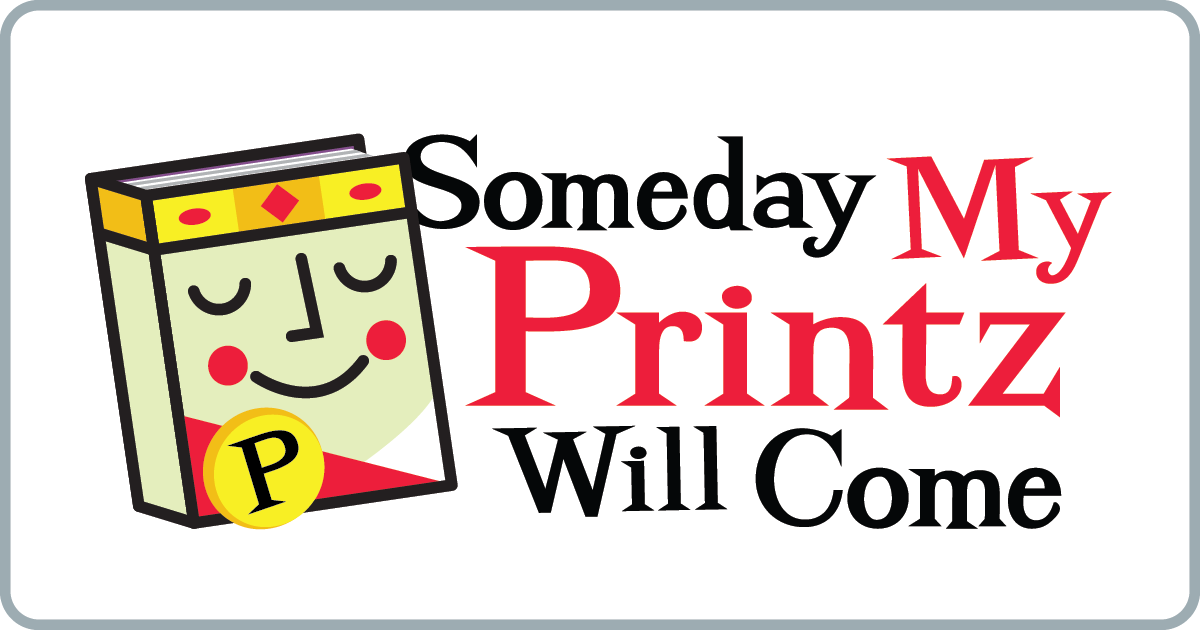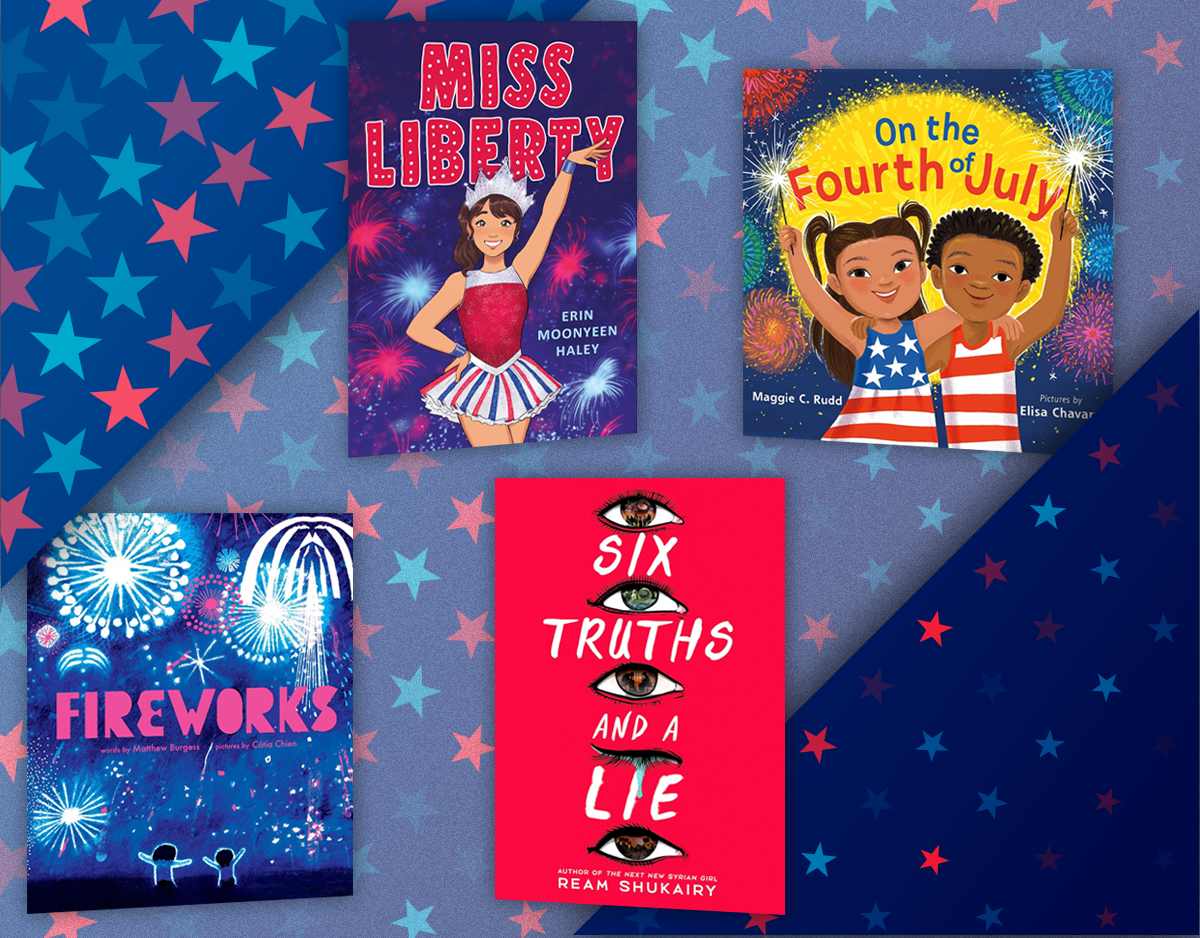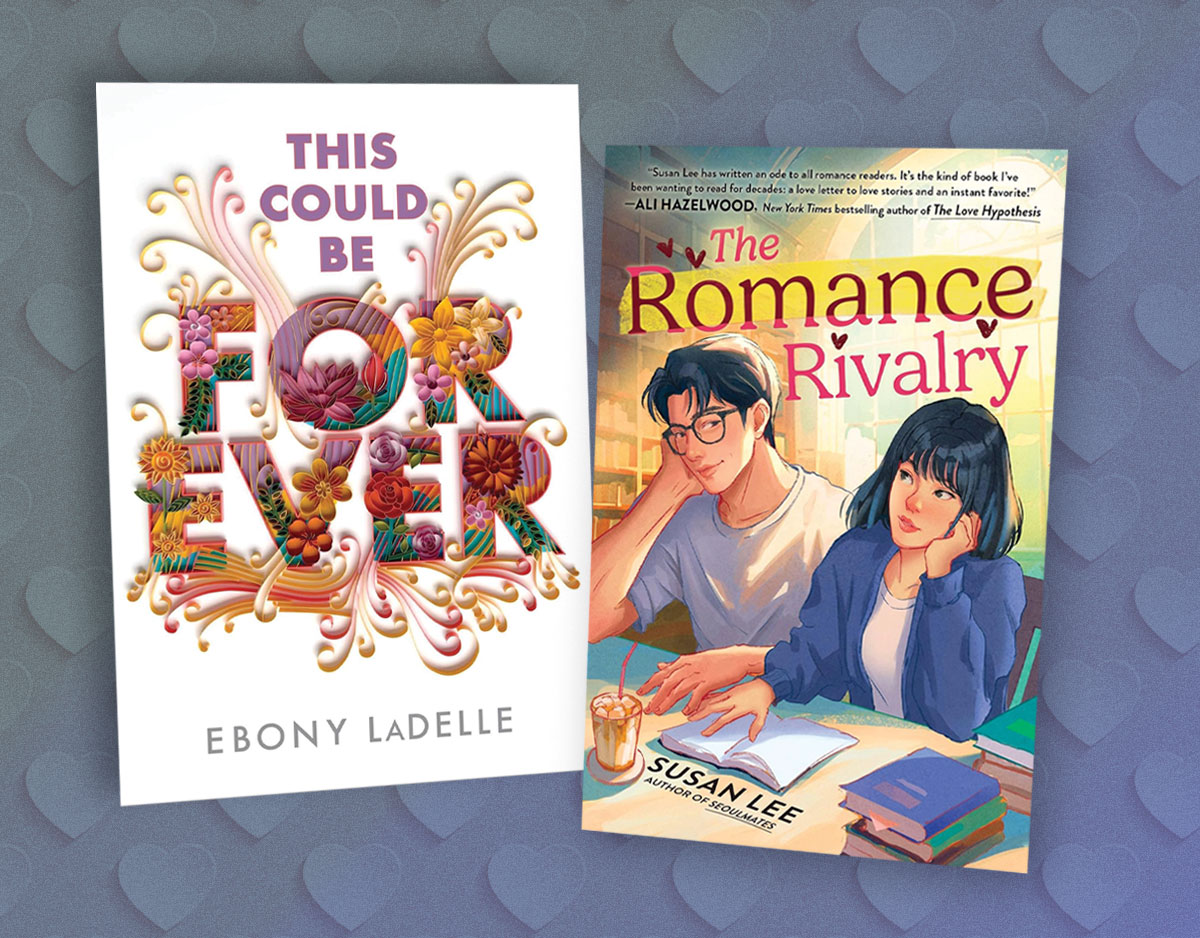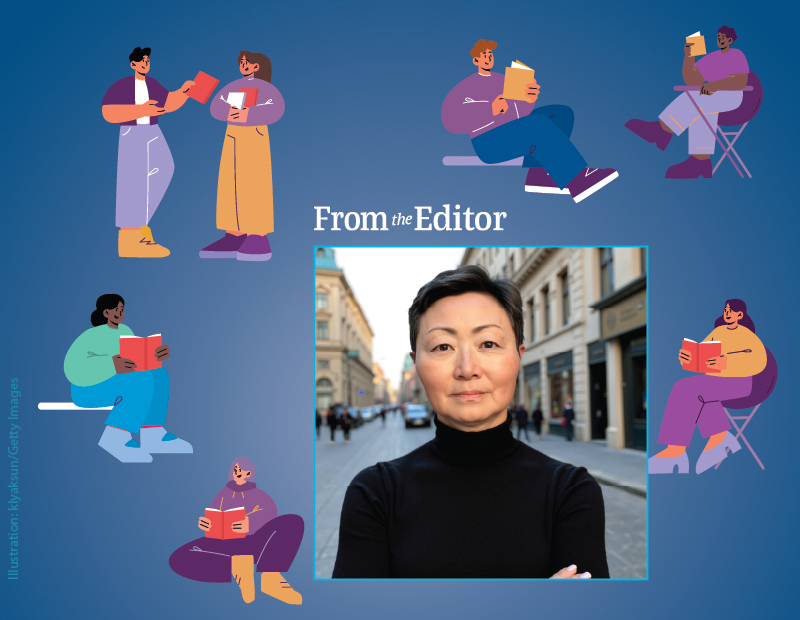SCROLL DOWN TO READ THE POST
More Morris, or Rachel Hartman on Charm & Strange
 A few days ago on Twitter, Rachel Hartman (yes, you know, that Rachel Hartman, who brought us last year’s best debut — and one of last year’s best books, period), Seraphina, asked if we were doing a Morris shortlist roundup this year. The answer, sadly, was not really, because our Morris readership hasn’t been thorough enough. Out of that conversation came the following guest post, in which Rachel reviews Charm and Strange, the most Printz-buzzed of the Morris shortlist titles.
A few days ago on Twitter, Rachel Hartman (yes, you know, that Rachel Hartman, who brought us last year’s best debut — and one of last year’s best books, period), Seraphina, asked if we were doing a Morris shortlist roundup this year. The answer, sadly, was not really, because our Morris readership hasn’t been thorough enough. Out of that conversation came the following guest post, in which Rachel reviews Charm and Strange, the most Printz-buzzed of the Morris shortlist titles.
For those of you who don’t stalk follow Rachel on any social media, a few salient biographical details and some links: In addition to Seraphina (which won the Morris Award last year AND a Printz Honor) and also the author of the forthcoming sequel (in March 2015. I KNOW) Shadow Scale. She can, as mentioned, be found on Twitter, where she procrastinates, talks about music and writing, frequently makes me laugh, and is a general source of things that are Good. But if you really want all the details, you should head over to her website and blog, this month featuring Morris shortlist authors and books — in fact, she’ll be posting an interview with Stephanie Kuehn later today! But enough of the introduction and on with the write-up.
ADVERTISEMENT
ADVERTISEMENT
I asked Karyn whether y’all would be doing any kind of Morris roundup this year. She told me time was tight, so probably not. I’ve only read Charm & Strange from this year’s Morris list, but I volunteered to review it because I’m on deadline. My procrastination knows no bounds.
There will be spoilers ahead — to my great relief, since this is a difficult book to discuss without spoiling — but let me try to give you the spoiler-free condensed version first. I loved Charm & Strange, and that’s saying a lot. I’m a fantasy person. It takes a very special real-world, “problem” novel to keep my attention at all, let alone make me love it. This is an intensely painful book to read, however. In terms of awards, I don’t know. I never predict anything correctly. You could certainly write a multi-page paper on this book — or on the psychology, philosophy, and metaphor contained therein — and yet I don’t think I could bear to re-read it. I’m not sure how it would hold up if I did, since so much hinges upon the reader and Win discovering the truth together. Once all the terrible truths are revealed, is that all there is — and is that enough?
Come with me under the fold, and let’s dig into this thing!
Charm & Strange, Stephanie Kuehn
St. Martin’s Griffin (Macmillan), June 2013
First things first, let’s say the words we can’t say: this is a book about sexual abuse and suicide. This book should come with a trigger warning, and yet any warning would spoil it. Win doesn’t know there’s sexual abuse and suicide in his story either. He can’t remember what happened. He’s a bundle of strange effects without any causes, and now he’s stuck: he can’t move forward without addressing who he used to be — an angry young boy named Drew — and what really happened.
I admit, I deduced most of what was up before Win did. Missing time? Check. Inexplicable rages? Check. His reactions to the people around him not matching up with reality? Yup. Somebody’s been dissociating, big time. I thought the dissociative aspect of the book was well done. It is hard to write a character who represses memories and zones out of the traumatic moments of his life. Trust me; I’ve tried it. Kuehn conveys the fogginess of the experience without making the book foggy for the reader. We see more clearly than Win does as Kuehn drops perfect, poignant clues — Drew smiling in an early photo, Win refusing to take meds for his motion-sickness. They’re like little lighthouses, guiding you through the murk. It’s easy to gloss over them as irrelevant, but they come back to haunt you later.
ADVERTISEMENT
ADVERTISEMENT
Win’s mind has created a myth as a buffer against the unspeakable truth. He believes he comes from a family of werewolves and that it is only a matter of time before he, too, turns into a wolf. It looks crazy at first, but as the book proceeds, you begin to see how it’s a desperate stab at sanity.
As a writer of fantasy, I’m keenly interested in myth and metaphor, and I liked how this book got me thinking about them from a different angle. I interviewed Kuehn for my blog, and she hastened to point out that there is a big difference between an artist deliberately choosing a metaphor and Win’s involuntarily lunge at self-preservation. Fair enough; what Win does isn’t art. But artists don’t always choose every metaphor deliberately either, and especially in fantasy, it’s the most purposeful metaphors that often fall flat. It’s the accidental metaphors, the mythic associations dredged up from the wordless parts of ourselves, the ones we don’t notice until after we’ve made them, that speak our truths most eloquently.
So here’s what I see as a possible impediment to Charm & Strange as an award contender: sometimes the marionette strings show very clearly. How much will differ, of course, depending on the reader. In my case, I’m well-versed enough in psychology and philosophy that many of the book’s machinations were transparent. When Kuehn references Wittgenstein, I know we’re delving into ideas about language and the challenges of understanding each other. Maybe Win himself didn’t deliberately create the wolf metaphor, but Kuehn did, and it’s not particularly subtle.
I don’t mind this, myself — I kind of enjoy being able to see what a writer is doing — but it hurts re-readability a bit. I feel like I saw all the clues; I don’t have to go back and re-read everything in a new light. This obviousness did not hamper my emotional response. I was ugly-crying like an ugly baby at the end, and I’m not ashamed of it. If the award-bestowers are looking for books that show themselves more complex and subtle with each re-reading, however, I’m not sure this book is that. Uncovering the truth with Win is an intense experience, but ultimately a singular one for me.
Filed under: Contenders, Fiction, Guest Posts
About Karyn Silverman
Karyn Silverman is the High School Librarian and Educational Technology Department Chair at LREI, Little Red School House & Elisabeth Irwin High School (say that ten times fast!). Karyn has served on YALSA’s Quick Picks and Best Books committees and was a member of the 2009 Printz committee. She has reviewed for Kirkus and School Library Journal. She has a lot of opinions about almost everything, as long as all the things are books. Said opinions do not reflect the attitudes or opinions of SLJ, LREI, YALSA or any other institutions with which she is affiliated. Find her on Twitter @InfoWitch or e-mail her at karynsilverman at gmail dot com.
ADVERTISEMENT
SLJ Blog Network
One Star Review, Guess Who? (#217)
Modern Fairytales and Excessive Tresses: Corinna Luyken Talks The Arguers
Walt Disney’s Mickey Mouse and the Amazing Lost Ocean | Review
DIY Teen Makerspace: Pop-Up Cards Tutorial
The Classroom Bookshelf is Moving
ADVERTISEMENT
ADVERTISEMENT







